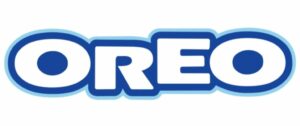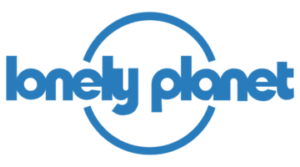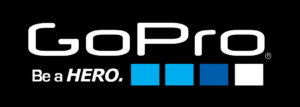If you own or work with a web studio, or you are a web designer, development or marketing agency, or even a freelancer, website compliance will be an essential part of your work. While you or your studio contributes to the important cause of reaching a wider audience and allowing all users to interact with the sites you build or manage, your business can also earn extra revenue with partner’s programs with companies like accessiBe.
With an easy to install and elegant interface, you can give individuals with a variety of needs an effective way to navigate your website. It is an ideal solution, especially for SMB’s, though it is suitable for any size website. The company’s clients include websites that have five pages up to websites that have millions of pages.
The healthy amount of large enterprise, legal, and government clients that are using accessiBe and a recent investment of $28 million from a well known VC add credibility to accessiBe’s solution. We believe you can feel safe choosing accessiBe to make your client’s websites compliant and up to the WCAG 2.2 AA standards, ADA Title 3 and AODA.
With accessiBe‘s partner program, you’ll go through a demo and become well-versed in what the company offers. Next, you’ll get a partner account where you can create accounts for your clients.
You’ll receive a commission when your clients buy licenses, or you buy it for them.




 Our #1 pick for partners: accessiBe
Our #1 pick for partners: accessiBe







